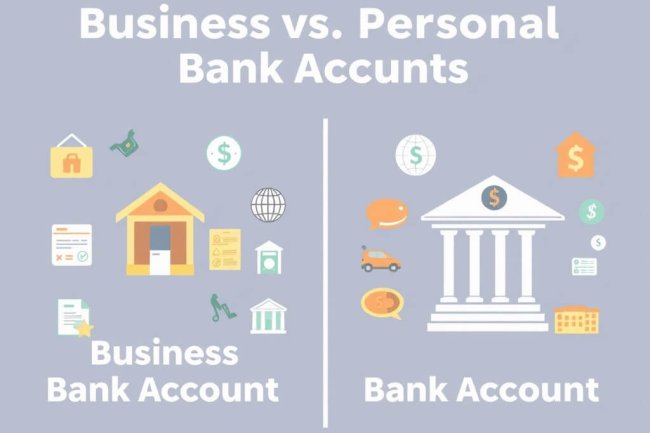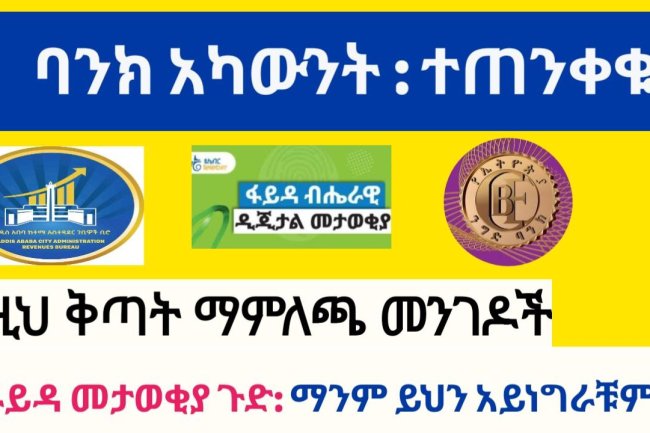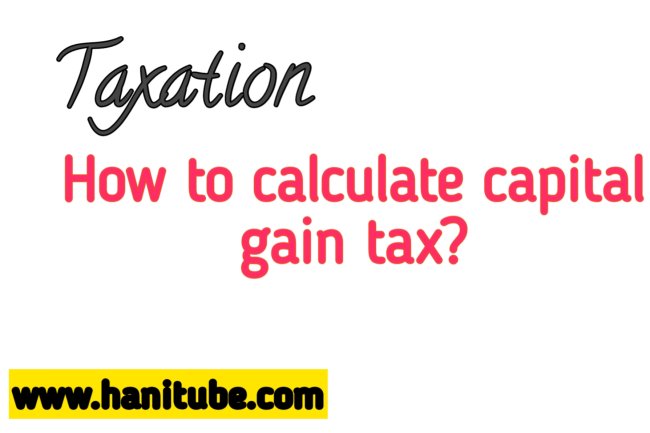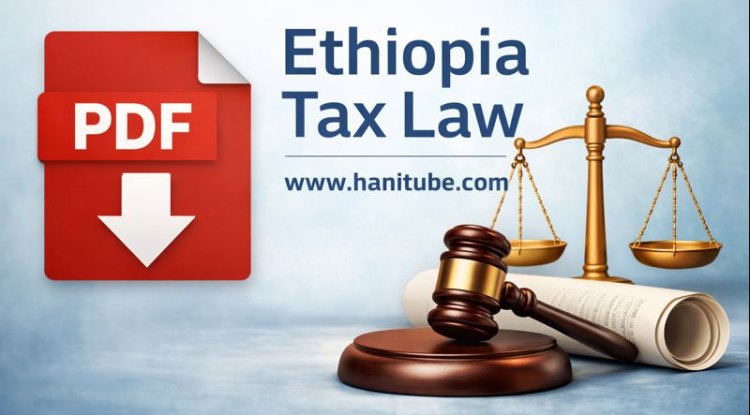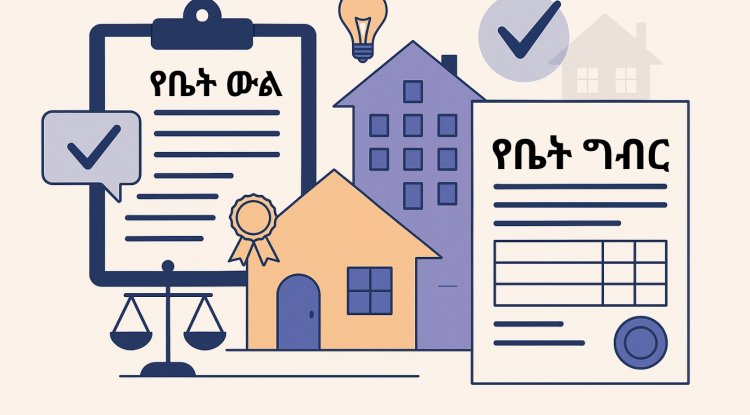Rental Income Tax Calculation in Ethiopia
This article provides a comprehensive guide to understanding rental income tax calculations in Ethiopia. It covers the key tax regulations, applicable rates, and detailed examples to help landlords navigate their tax obligations effectively. Whether you're a seasoned property owner or new to renting, this resource will equip you with the knowledge needed to ensure compliance and optimize your tax situation. Explore the intricacies of rental income tax calculation in Ethiopia with our in-depth guide. Learn about the current tax rates, allowable deductions, and the responsibilities of landlords under Ethiopian tax law. We break down various scenarios with practical examples, making it easier for you to understand how to calculate your tax liabilities accurately. Stay informed and ensure your rental business remains compliant with local tax regulations.

Rental Income Tax Calculation in Ethiopia
Introduction
Rental income is an essential source of revenue for many individuals and businesses in Ethiopia. Understanding how to calculate the tax on this income is crucial for compliance and effective financial planning. This guide will provide a comprehensive overview of rental income tax calculation in Ethiopia, including applicable laws, deductions, and various examples.
Understanding Rental Income
Rental income refers to the earnings generated from leasing property. In Ethiopia, this can include residential properties, commercial spaces, and land. The Ethiopian Revenue and Customs Authority (ERCA) regulates the taxation of rental income.
Types of Rental Income
- Residential Rental Income: Income from renting out houses, apartments, or rooms.
- Commercial Rental Income: Income from leasing commercial properties such as offices, shops, and warehouses.
- Agricultural Rental Income: Earnings from renting agricultural land.
Taxation of Rental Income in Ethiopia
Tax Rates
In Ethiopia, rental income is subject to different tax rates depending on the nature of the property and the total income generated.
-
For Individuals:
- The income tax rate for individuals is progressive, ranging from 0% to 35%.
- Rental income is included in the total income and taxed accordingly.
-
For Corporations:
- Corporate tax rates generally stand at 30%.
- Corporations must also account for any additional local taxes.
Taxable Income Calculation
To determine the taxable rental income, you must subtract allowable deductions from the gross rental income.
Gross Rental Income
This includes all payments received from tenants, such as:
- Monthly rent
- Advance rent
- Additional fees (e.g., maintenance charges)
Allowable Deductions
Common deductions for rental income in Ethiopia include:
- Property Management Fees: Costs incurred for managing the property.
- Repairs and Maintenance: Expenses related to maintaining the property.
- Depreciation: A percentage of the property's cost can be deducted annually.
- Utilities: If paid by the landlord and not reimbursed by tenants.
- Insurance Premiums: Costs for insuring the property.
Example Calculation
Example 1: Individual Landlord
Scenario: A landlord rents a residential property for an annual income of 120,000 ETB. The landlord incurs the following expenses:
- Property management fees: 12,000 ETB
- Repairs and maintenance: 8,000 ETB
- Depreciation (assumed at 10% of a 1,000,000 ETB property): 100,000 ETB
- Utilities: 5,000 ETB
Calculation:
- Gross Rental Income: 120,000 ETB
- Total Deductions: 12,000 + 8,000 + 100,000 + 5,000 = 125,000 ETB
- Taxable Rental Income: 120,000 - 125,000 = -5,000 ETB
In this case, the landlord does not owe any rental income tax since the expenses exceed the income.
Example 2: Corporate Landlord
Scenario: A company rents commercial space for an annual income of 500,000 ETB with the following expenses:
- Property management fees: 50,000 ETB
- Repairs and maintenance: 20,000 ETB
- Depreciation (assumed at 10% of a 5,000,000 ETB property): 500,000 ETB
- Utilities: 10,000 ETB
Calculation:
- Gross Rental Income: 500,000 ETB
- Total Deductions: 50,000 + 20,000 + 500,000 + 10,000 = 580,000 ETB
- Taxable Rental Income: 500,000 - 580,000 = -80,000 ETB
Similar to the individual landlord, this corporation would also not owe any tax.
Filing Requirements
Tax Returns
Landlords must file their tax returns annually. The tax year in Ethiopia typically runs from July 1 to June 30.
Documentation
It’s essential to keep detailed records of:
- Rental agreements
- Income received
- Receipts for all deductions claimed
These documents are critical in the event of an audit by ERCA.
Common Challenges in Rental Income Tax Calculation
- Record-Keeping: Many landlords struggle with maintaining accurate records of income and expenses.
- Misunderstanding Deductions: It’s crucial to know which expenses are deductible under Ethiopian tax law.
- Tax Compliance: Staying updated with tax regulations to avoid penalties.
